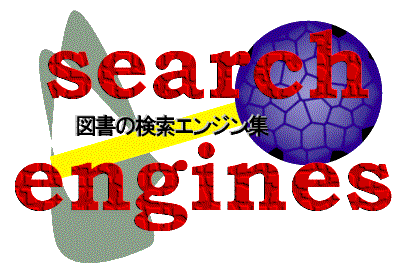|
|

Multiple Keywords a Hallmark of Most Web Search Queries
By Jeremy Sanchez
As a reseller of Inktomi's Search/Submit and Index Connect programs all of us here at Position Technologies are exposed to massive amounts of data each day. I thought I would share some of the trends and findings that we see taking place.
The data we see for each of these two programs includes click-thru, keyword query, and position (ranking) detail for each subscribed URL. This is the same reporting data available to Search/Submit and Index Connect customers, but on a much larger scale. Some trends include:
1) Very few search queries are alike. For every 50 clicks a URL receives, 90 percent of the search queries are different.
2) 75% of all search queries are three terms or longer.
It's important to note that many of these trends and findings are not necessarily a solid representation of how searchers use all search engines and directories. Inkomi is a provider of Web results for AOL, MSN, iWon, Hotbot, Overture, and many others. It makes sense that most of the search queries we see are longer than three terms because most one or two term searches at these engines would represent a directory result from Looksmart, ODP, or paid placements from Overture.
To make my point more clear, go to MSN and search for "lift kit" and you will get results from Looksmart and Overture. Now if you search for "ford f150 lift kit" you would get Inktomi results.
So what do these trends and findings mean to us search engine marketers?
1) For large Web sites with hundreds or thousands of product specific pages - indexing alone without optimization still has tremendous value. Once a searcher moves beyond a three or four term search query the need for optimization is not as important. In the past, dynamically driven content was difficult for search engines to index, but now paid inclusion programs make indexing a reality.
2) Content is still king. Although Web page "optimization" is important, developing good content that represents your products and services will get you further in the end.
3) Don't underestimate your "keyword market." Although useful, third party keyword reseach tools don't always give you a perfect representation of your keyword market.
4) Information page development can be an effective strategy for top level keyword (one to three phrases) optimization, but indexing (or sometimes refered to as "deep submission") of product level pages can help in building visibility to your entire search audience.
Allow me to expand somewhat on the third point. If your "keyword market" is one and two term searchers, your search engine marketing strategy should focus heavily at paid placement and directory work because these will be the primary results at many of the major search engines. But what I hope people really see from this data is that a good number of people are moving beyond one and two term searches. Searchers are becoming more educated and are learning how to search.
Here's an example. Let's say you have a website that sells thousands of auto parts and a search engine user was looking for a pair of headlights for his or her Porsche 911. They are going to make this search at Yahoo! since its the #1 site in terms of visitors. You have listings at Yahoo!. You have bought a number of keywords at Overture and other CPC engines. And you also have good indexing at all the major engines. To possibly see your listing(s) at Yahoo! the user would have to search for "auto parts." If they search for "headlights" they will get a combination of Overture results and Web results. If they search for "porsche 911 headlights" they would get pure Web results from Google. How would you search?
Additionally, your Yahoo! listing would only link to your homepage. Your Overture listing (if in the top 3) would probably link to your headlights homepage. Your "porsche 911 headlights" results would link to your product page. Where would you want the user to go?
I hope you find these trends and findings useful in your next search engine marketing project.
http://www.traffick.com/story/searchengines/
|
Online Antivirus
Horoscopes
Currency Exchange Calculator
World
Time
Online Dictionary
Weather
Online Radio Humour
|